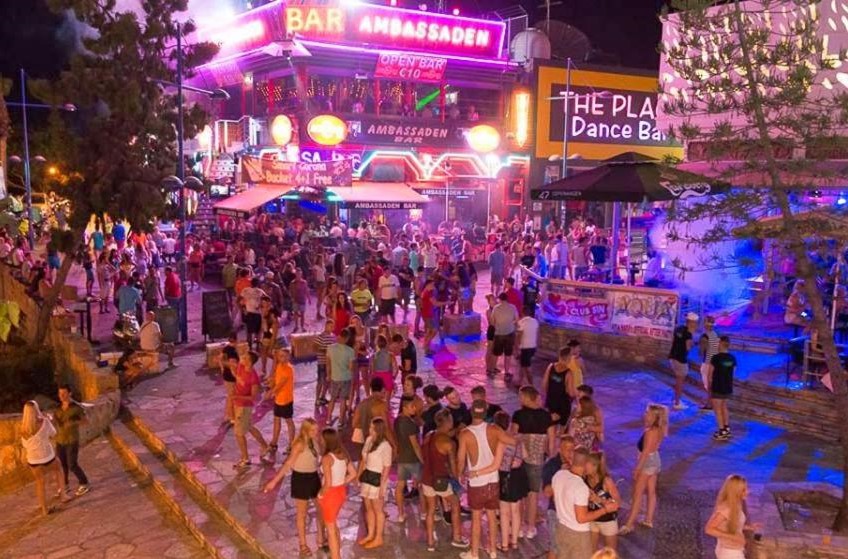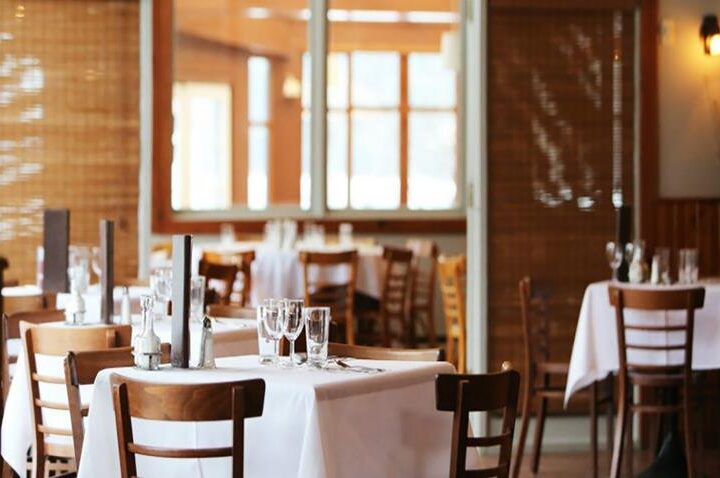Owners of hospitality and nightclub venues at resorts are pleased to see their establishments working at full capacity as the tourism season hits its peak, reaching pre-COVID levels.
In comments to news site Stockwatch, Phanos Leventis, the Leisure and Entertainment Establishment Owners Association chair, said the sector expects to be further boosted in August, traditionally a holiday month for Cypriots.
According to Leventis, hospitality venues in the district of Famagusta are full over the weekends, reaching 2019 levels.
In Larnaca, entertainment venues also work full tilt Fridays to Sundays.
However, as Leventis noted, venue owners have seen their profit margin shrink as raw materials prices are pushed up by the hiking inflation Cyprus is enduring.
Paphos venue owners are reportedly happier than their counterparts in other towns.
The local market, dependent on British tourists, has not been affected by events in Ukraine and the loss from Russia.
Demetris Kallis, representing the local entertainment industry, confirmed they are working at capacities close to 2019, but revenues have fallen to around 80% compared to three years ago.
He attributed losses to local and foreign visitors holding back on spending due to rising prices.
Protaras and Ayia Napa venues, especially those on the coast, are also pleased with traffic, said Pambos Alexandrou, representing hospitality owners in Famagusta.
“Venues on the coast are seeing even more traffic than they did in 2019, while the rest of the district’s venues are working at 80 to 90% capacity compared to 2019.”
But Limassol has felt the loss of Russian tourists the most.
Kypros Kyprianou, representing Limassol’s hospitality and entertainment venues, said local establishments have only been able to attract 50% of the traffic they saw three years ago.
He added that even Russians residing in Limassol have cut down on their expenses due to high inflation.
“We have yet to see Russian clients this year.
“Our clientele so far is made up of 95% Cypriots.”
The war in Ukraine meant the island missed out on around 800,000 tourists from Ukraine and Russia, which was the island’s second-largest market.
A record 3.97 million tourists visited Cyprus in 2019, with arrivals slumping the following two years because of the pandemic.
The UK market is the island’s largest, contributing to a third of all tourist arrivals.
Cyprus’ economy relies heavily on air transport, with aviation and tourism contributing more than 20% of GDP.









